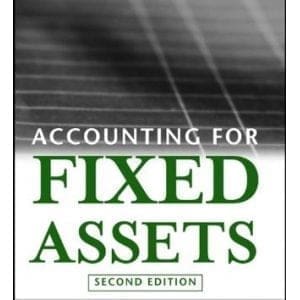Bashkohuni me ekipin tonë. A jeni gati të rrisni biznesin tuaj? Mëso më shumë
Toward fundamental tax reform
1 €
Damage from a tax can take many different forms. It is generally true that a tax on a specific activity or product discourages the targeted activity or use of the product. If apples are taxed more heavily than oranges, consumers will demand more oranges and fewer apples. If corporate activity is taxed more heavily in this country than elsewhere, activity may migrate away from, or fail to be attracted to, the United States. If the return on savings is taxed, individuals may decide to consume a higher share of their income, and this may reduce investment and growth.
- Description
Description
Taxes applied to a broad base, with low and reasonably uniform rates, keep distortions low and facilitate administration and compliance. Beyond having a broad base, though, achieving low tax rates typically means reducing the system’s progressivity.
If the tax code had evolved over time to some platonic ideal—a broad-based, simple tax with low rates determined by a consensus about the appropriate trade off between equity and efficiency—then talk of tax reform would be rare. Against this backdrop, it is productive to take stock of the current state of the tax code. Even a cursory analysis reveals that it is significantly flawed and, conceptually at least, ripe for reform.
This brief review reveals why the issue of tax reform demands the attention of so many of our top scholars. The potential gains from reform are, in theory, remarkable. But can such gains be accomplished in the real world? Or are politically popular measures such as the mortgage interest deduction so far off-limits that discussion of such reform will forever be a purely academic affair?
These and other questions are addressed in the chapters that follow










